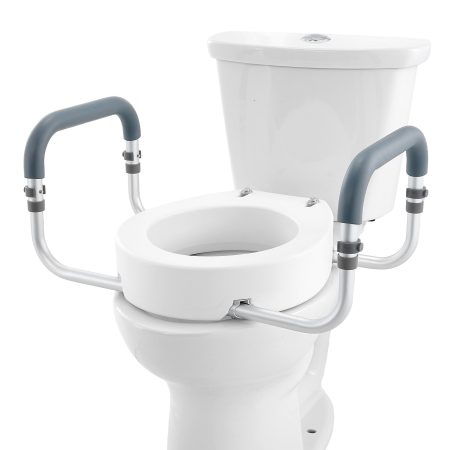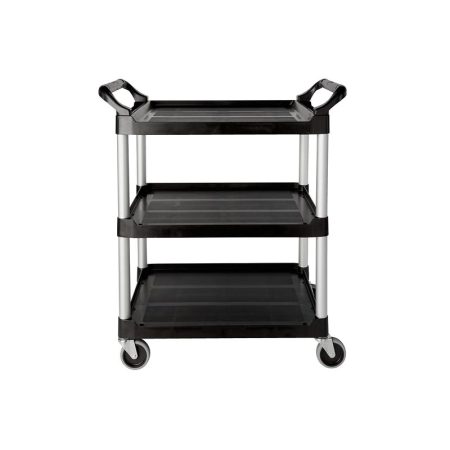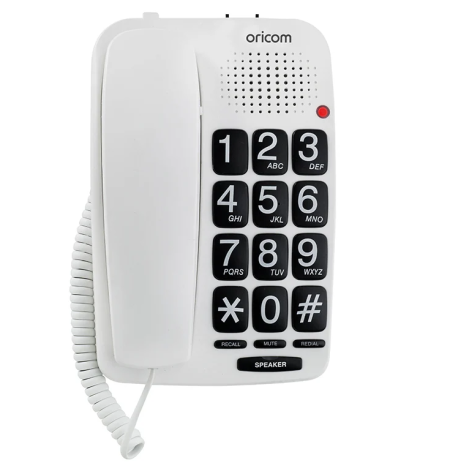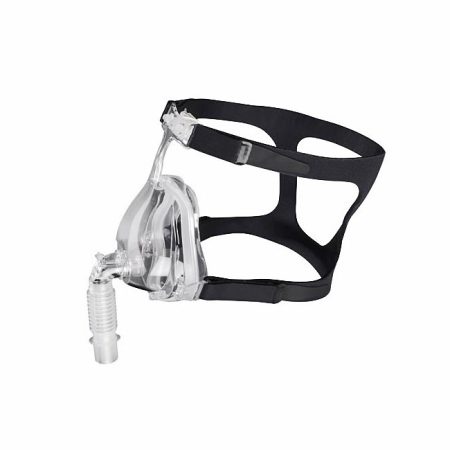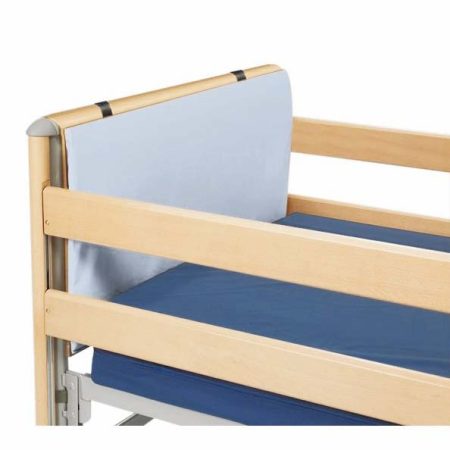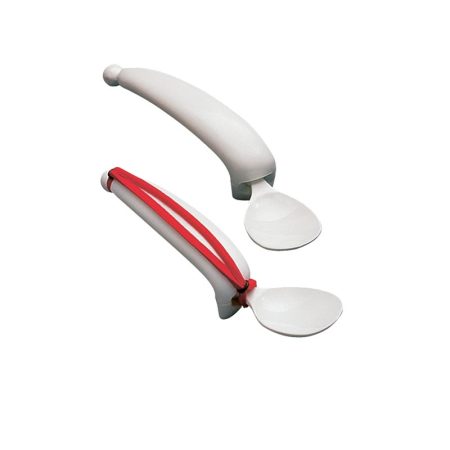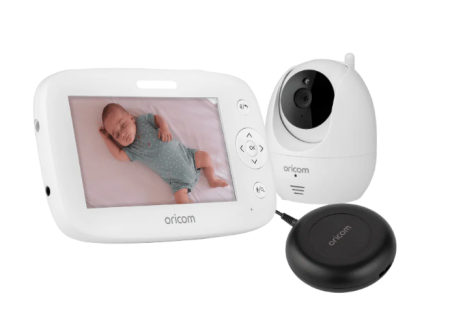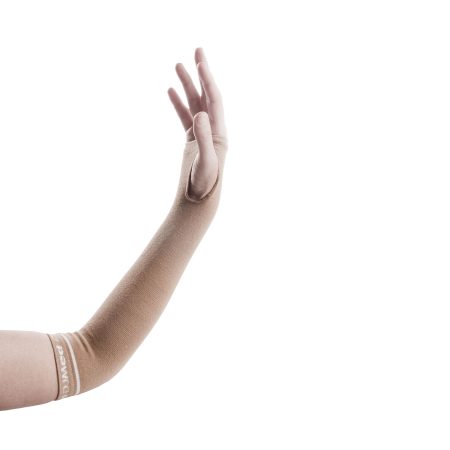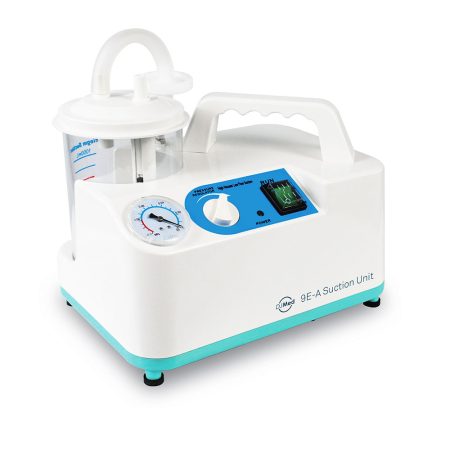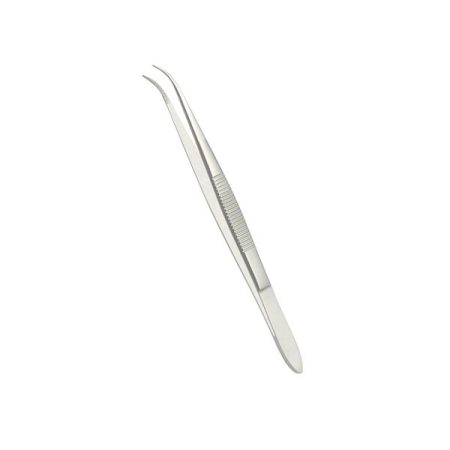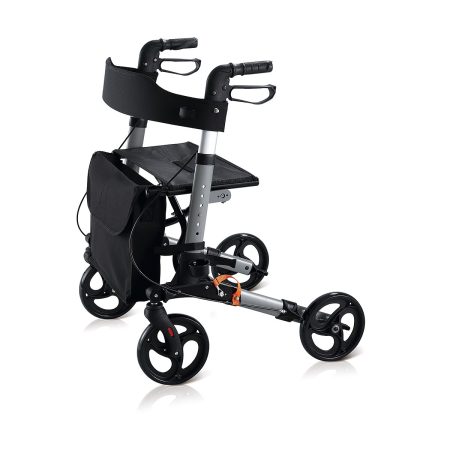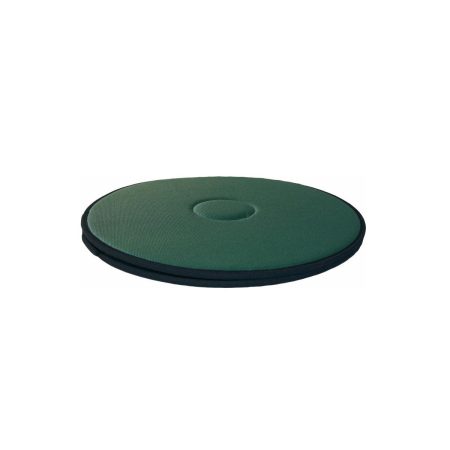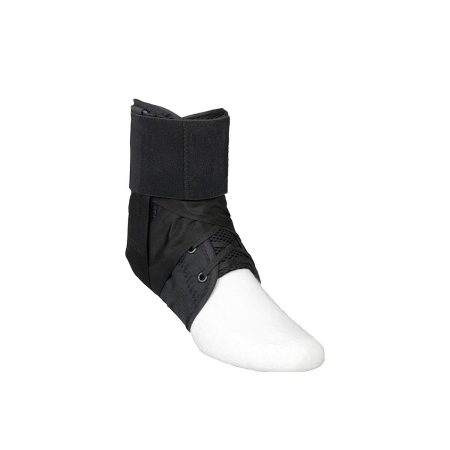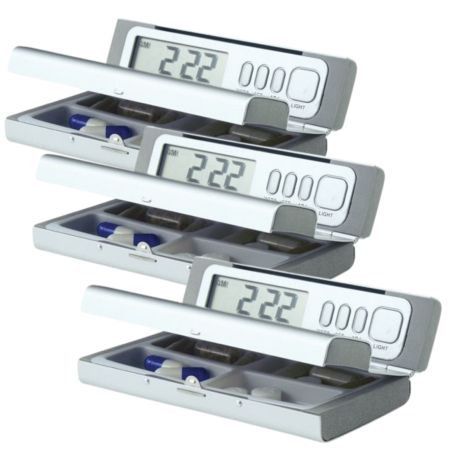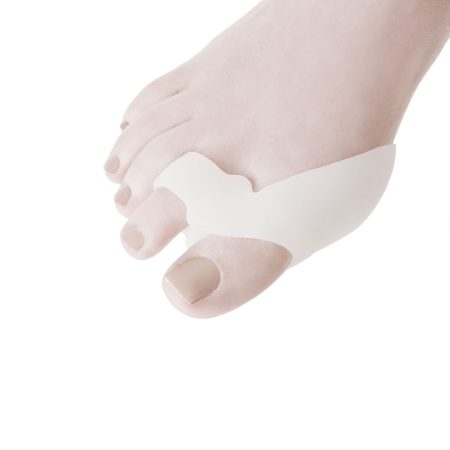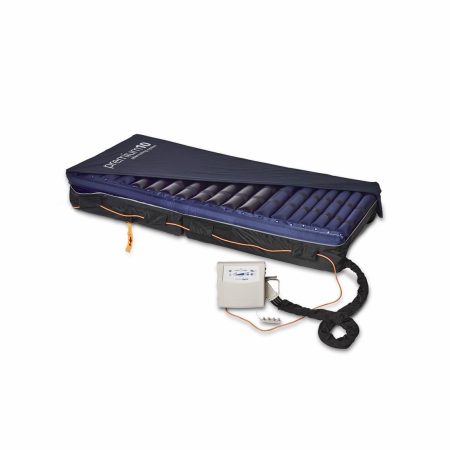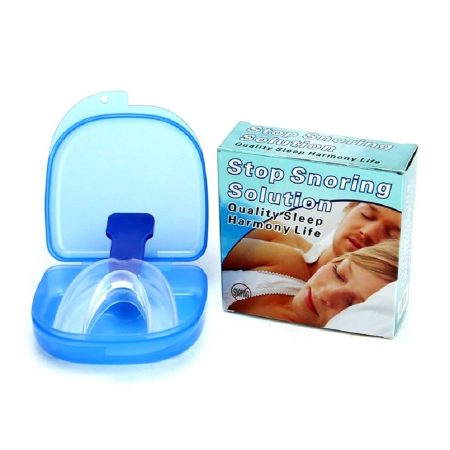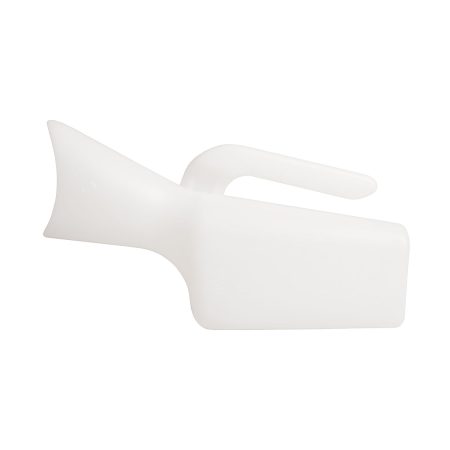Selecting the Right Bathroom Stool or Bench: Key Considerations for Individuals with Mobility Challenges
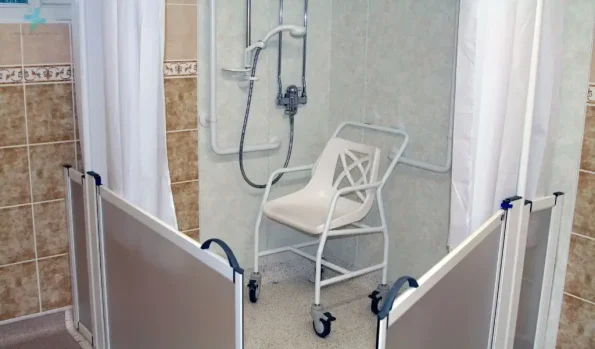
What factors should I consider when selecting a suitable bathroom stool or bench for individuals with mobility challenges?
Understanding Mobility Challenges
Understanding mobility challenges is crucial when selecting bathroom aids, as these difficulties significantly impact an individual’s ability to perform daily activities safely and independently. Various mobility challenges, including balance issues, muscle weakness, and joint stiffness, necessitate specific features in bathroom stools and benches to ensure they cater effectively to the user’s needs. For instance, individuals with limited lower body strength may require a bench with handrails for additional support during transfers. The impact of these challenges on daily life cannot be overstated; the right bathroom aid not only enhances safety by reducing the risk of falls but also promotes autonomy and dignity by enabling users to manage personal hygiene tasks without extensive assistance. Therefore, a thorough understanding of the user’s specific mobility challenges is essential in choosing a bathroom stool or bench that significantly improves their quality of life.
Key Considerations for Selecting Bathroom Stools or Benches
Safety Features
Safety is paramount when choosing a bathroom stool or bench for individuals with mobility challenges. Look for models with non-slip feet to prevent sliding on wet surfaces, handrails for additional support, and a sturdy construction that supports the user’s weight securely. These features collectively reduce the risk of falls and injuries, ensuring a safer bathroom environment.
Comfort and Accessibility
Comfort and accessibility are crucial for encouraging regular use. Select stools or benches with adjustable height settings to accommodate different user needs, which can make sitting down and standing up easier. Cushioned seats offer added comfort during use, while models designed for easy access, such as those with cut-out sections, enhance the user’s ability to maintain personal hygiene with independence.
Material and Durability
The material of a bathroom stool or bench affects its durability and ease of maintenance. Choose water-resistant materials that are easy to clean and can withstand the humid bathroom environment. Stainless steel, aluminum, and high-quality plastics are popular choices for their longevity and minimal upkeep, ensuring the stool or bench remains hygienic and functional over time.
Size and Space Considerations
Before making a purchase, measure your bathroom space to ensure the stool or bench fits comfortably without obstructing movement. Consider the size of the user and the bathroom layout to select a product that provides adequate support while allowing for ample space around for maneuverability. Compact and foldable designs can be ideal for smaller spaces or shared bathrooms, offering the necessary support without compromising on convenience.
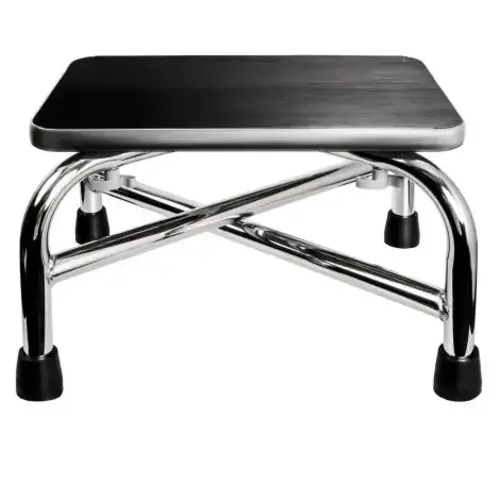
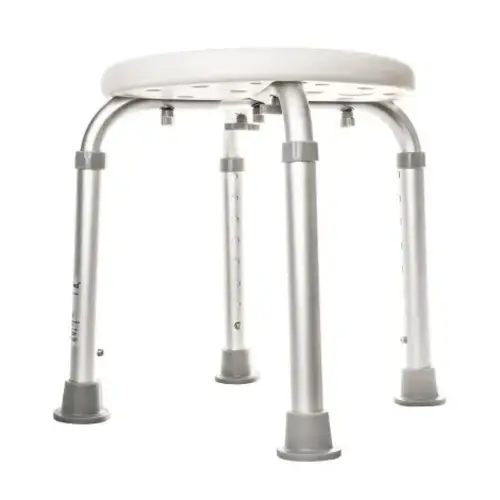
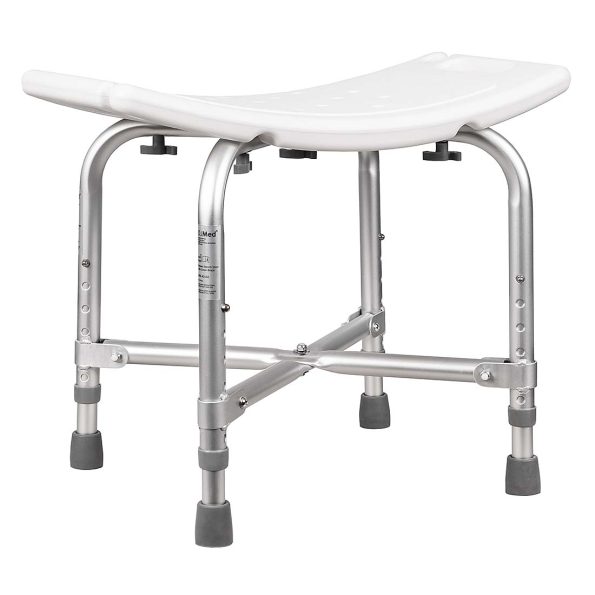
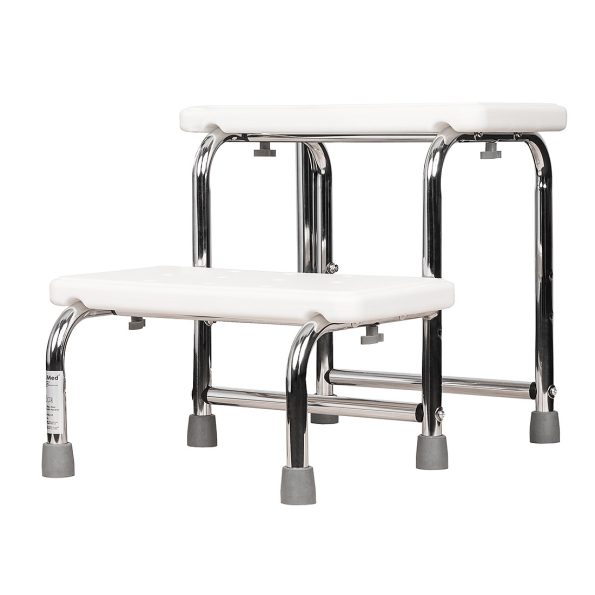
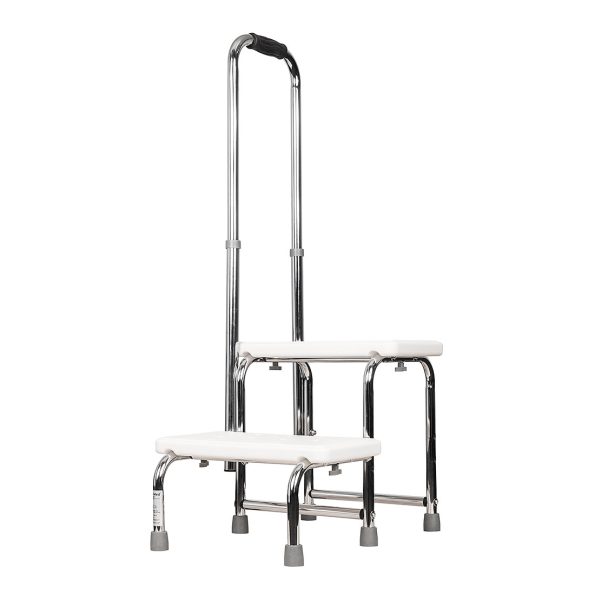
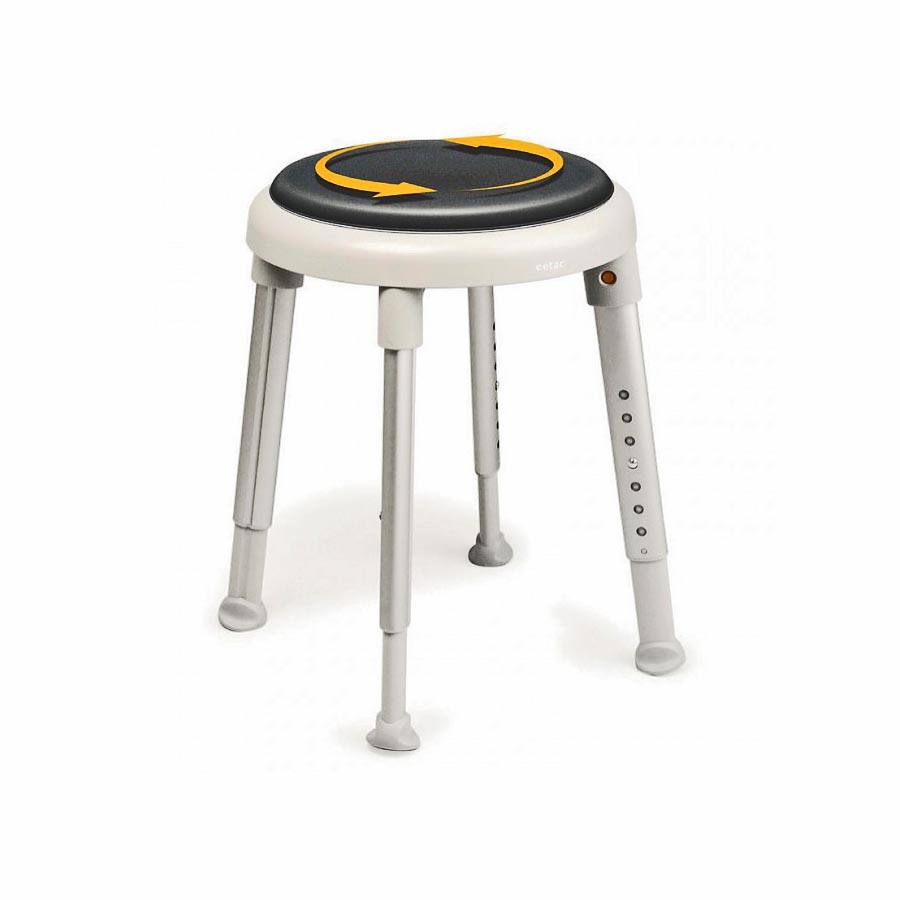
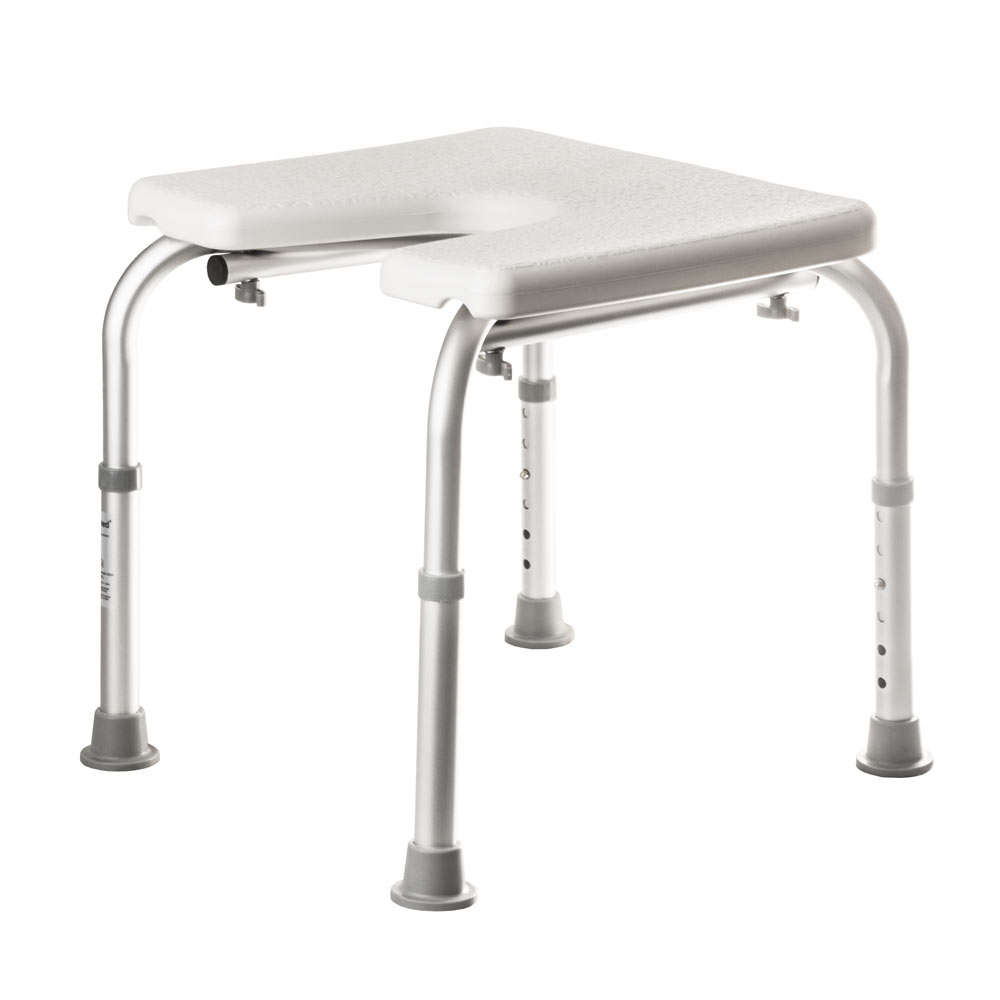
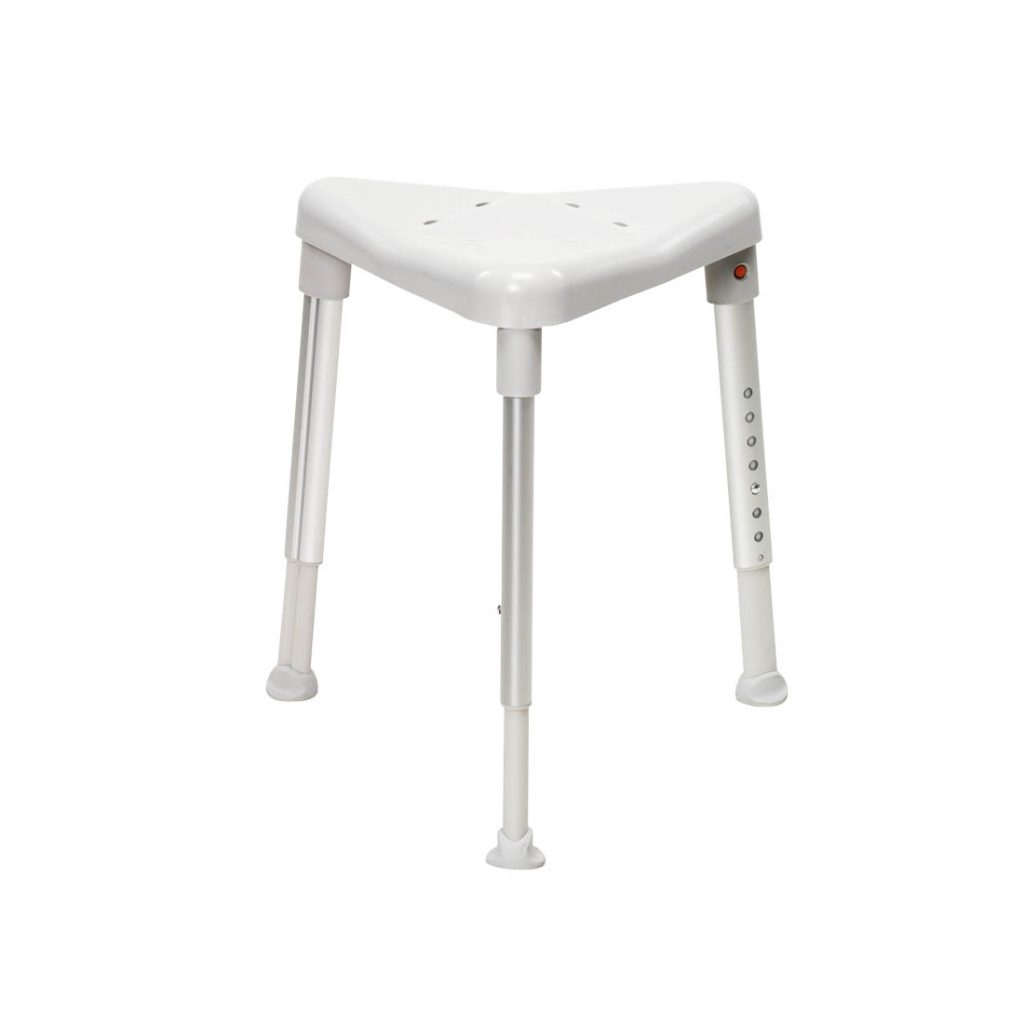
Types of Bathroom Stools and Benches
When selecting the right aid for bathroom safety and accessibility, it’s essential to understand the various types of stools and benches available. Each type offers unique features and benefits tailored to different needs and preferences.
Standard Stools vs. Benches
- Standard Stools are compact and often portable, making them a versatile choice for smaller bathrooms or for users who require minimal support. They typically feature a simple design with a flat seat and may come with or without handrails. These stools are best suited for individuals who have good upper body strength but need a short rest or a slight height boost to safely use bathroom facilities.
- Benches, on the other hand, offer a larger seating area and are generally more stable than stools. They’re designed for users who require more substantial support, providing a secure and comfortable space to sit during showering or other bathroom activities. Benches often include additional features like backrests and arm supports, making them suitable for individuals with more significant mobility or balance issues.
Specialty Options
For those with specific needs, specialty options combine enhanced safety features and ergonomic designs to accommodate various mobility challenges:
- Transfer Benches: Extend beyond the edge of the bathtub, allowing users to sit down outside of the tub and safely slide over into the bath area. Ideal for individuals who find it difficult to step over bathtub walls.
- Foldable Models: Perfect for shared bathrooms or spaces where storage is a concern. These stools and benches can be easily folded and stored away when not in use, making them a convenient option for temporary or occasional support needs.
- Shower Chairs with Back Support: Designed to offer maximum comfort and stability, these chairs often come with a backrest and sometimes armrests. They cater to users who need to sit for longer periods or require additional support to maintain balance while showering.
Understanding the specific features and benefits of standard stools, benches, and specialty options can help individuals with mobility challenges make an informed decision that best suits their needs, ensuring safety, comfort, and independence in the bathroom.




